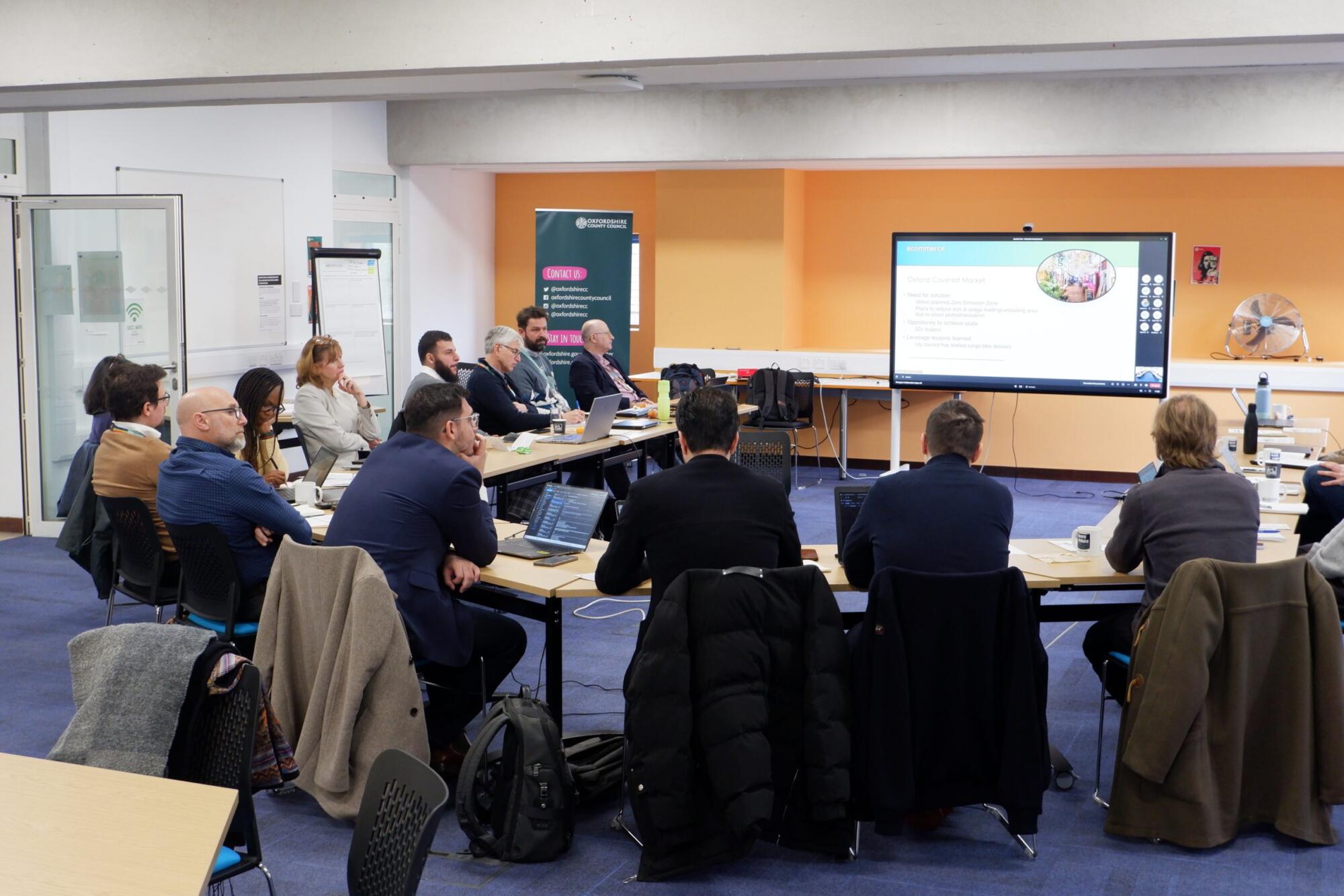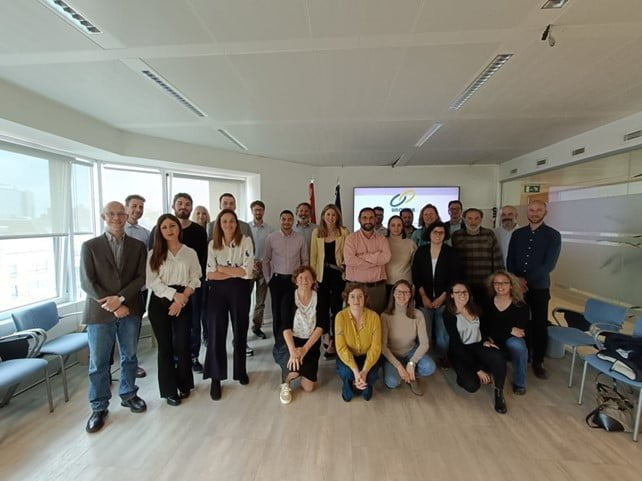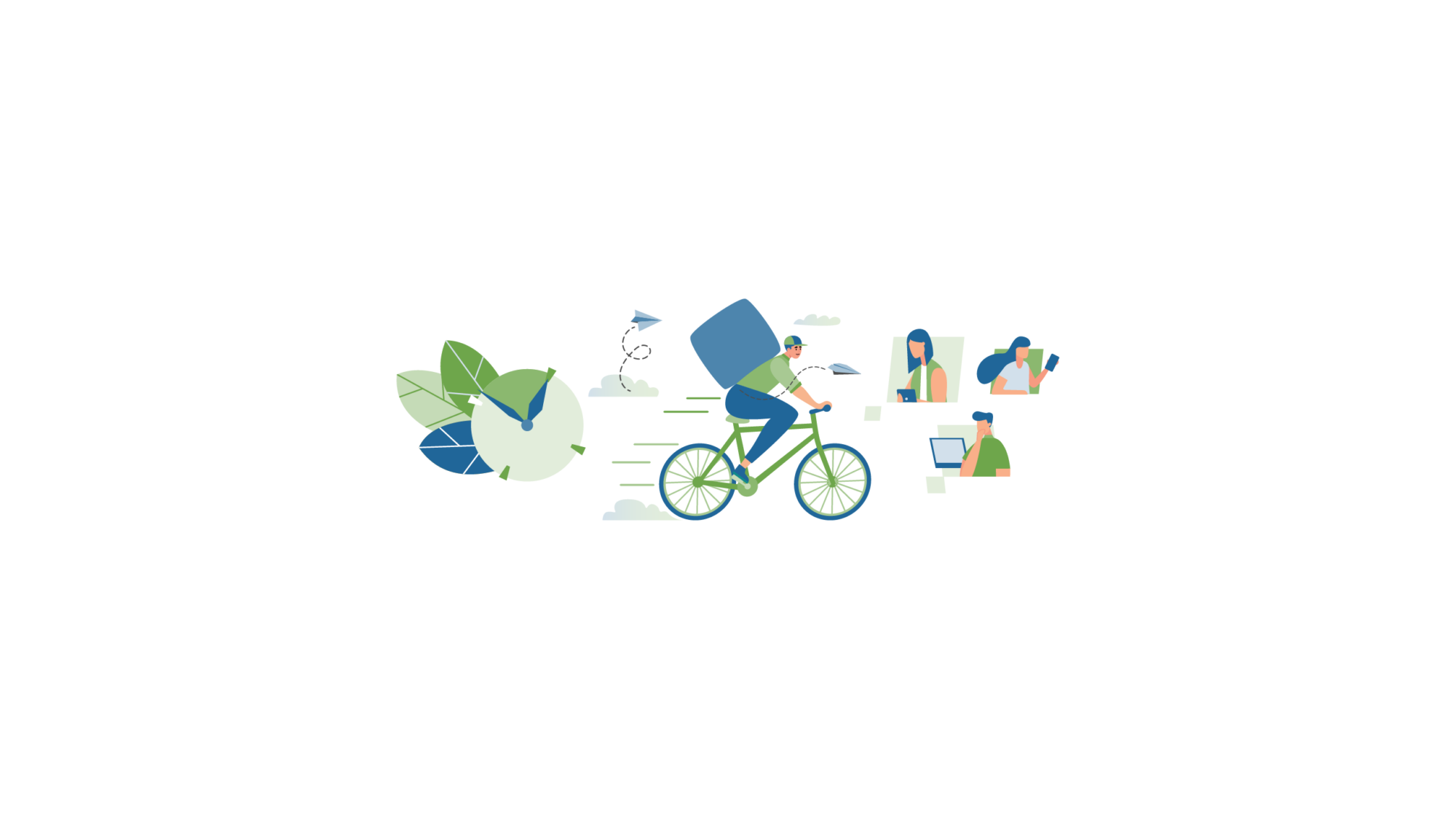E-commerce and last-mile deliveries
E-commerce—the electronic buying and selling of goods and services—is rapidly transforming the retail landscape, driven by B2B (Business-to-Business) and B2C (Business-to-Consumer) transactions.
According to the World Economic Forum, e-commerce is growing by over 10% annually, with global sales nearly tripling in the past five years. This rise in e-commerce brings a proportional increase in freight transport demand, with more light commercial vehicles circulating through urban areas. Interestingly, e-commerce appears to supplement rather than replace traditional retail shopping, adding further complexity to urban mobility as both modes of shopping drive freight and personal transport within cities.
POLIS involvement
POLIS addresses this complexity by fostering projects that support sustainable and collaborative last-mile solutions.
- In GREEN-LOG, POLIS and its partners focus on reducing e-commerce's logistical footprint by promoting innovative last-mile solutions like automated delivery systems, cargo bikes, and multimodal delivery models that integrate public transport. With pilot programs across cities like Athens and Flanders, the project allows POLIS to assess sustainable delivery modes that meet e-commerce demands while alleviating congestion and pollution.
- The UNCHAIN project targets the logistics demands created by e-commerce, focusing on data exchange between the public and private sectors to optimise urban delivery. POLIS works closely with member cities like Berlin and Madrid, implementing solutions that improve the efficiency and sustainability of e-commerce-driven logistics, advancing city-wide reductions in CO2 emissions and traffic congestion.





